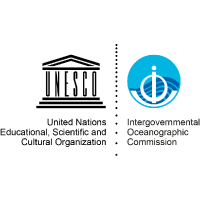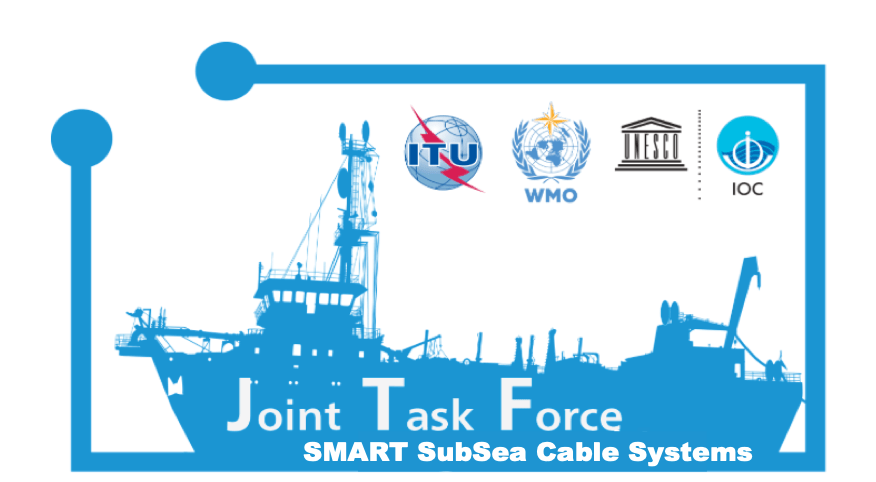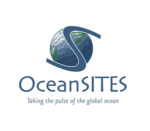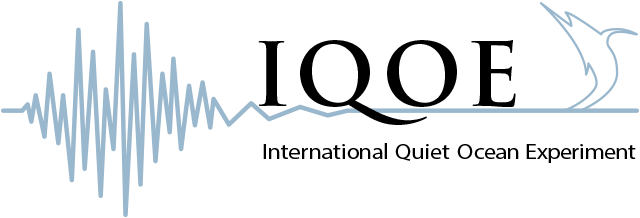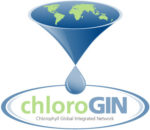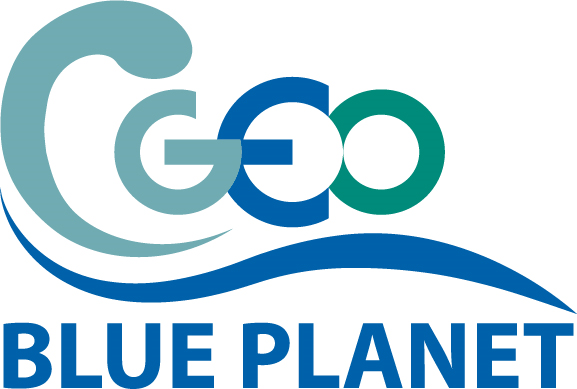Intergovernmental Oceanographic Commission (IOC)
UNESCO’s Intergovernmental Oceanographic Commission (IOC) promotes international cooperation and coordinates programmes in marine research, services, observation systems, hazard mitigation, and capacity development in order to understand and effectively manage the resources of the ocean and coastal areas. By applying this knowledge, the Commission aims to improve the governance, management, institutional capacity, and decision-making processes of […]
Intergovernmental Oceanographic Commission (IOC) Read More »

